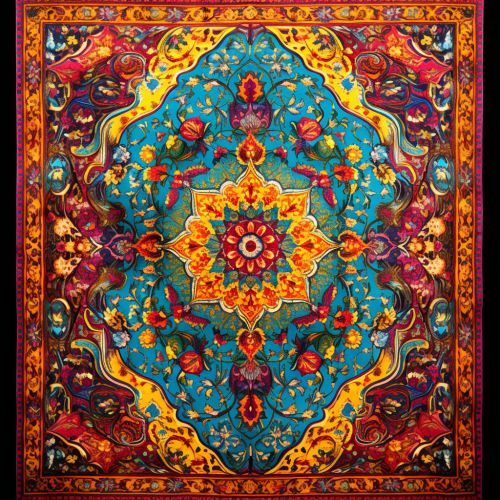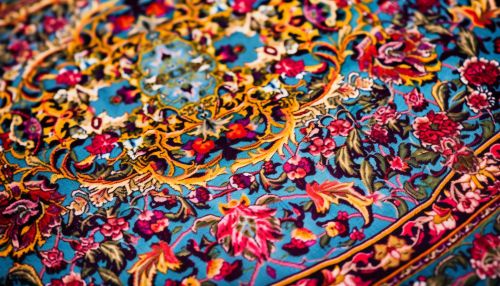Iran
Geography
Iran, officially known as the Islamic Republic of Iran, is located in Western Asia. It is bordered to the northwest by Armenia and Azerbaijan, to the north by the Caspian Sea, to the northeast by Turkmenistan, to the east by Afghanistan and Pakistan, to the south by the Persian Gulf and the Gulf of Oman, and to the west by Turkey and Iraq. With an area of 1,648,195 square kilometers, Iran is the world's 17th largest country.
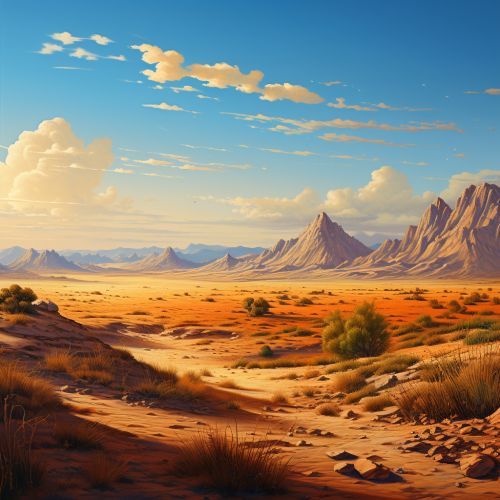
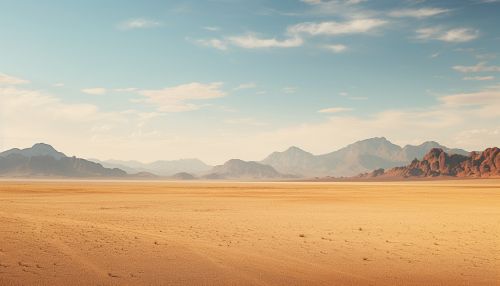
History
The history of Iran, which was historically known as Persia, spans over 2500 years, from the Achaemenid Empire to the present day Islamic Republic. The Achaemenid Empire, founded by Cyrus the Great in the 6th century BC, was one of the largest empires in history, stretching from the Balkans to the Indus Valley. The empire was overthrown by Alexander the Great in the 4th century BC, marking the beginning of the Hellenistic period in Iran.
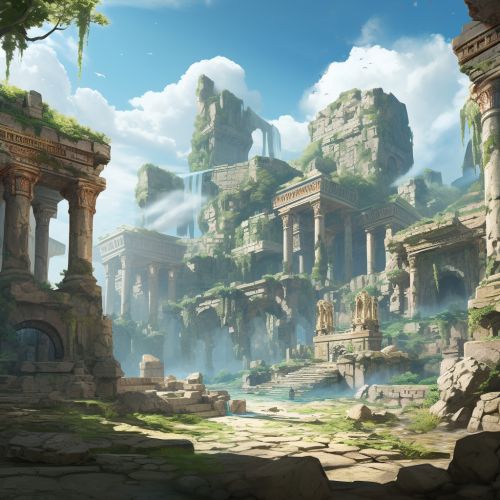
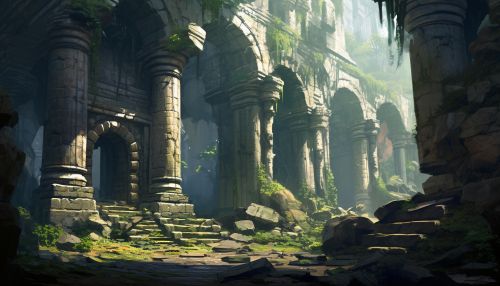
Politics
Iran is a theocratic republic, with a Supreme Leader who is the highest authority and a President who is the head of government. The Supreme Leader, currently Ali Khamenei, has significant influence over all branches of government, including the military and judiciary. The President, currently Hassan Rouhani, is responsible for the executive branch and is elected by popular vote.
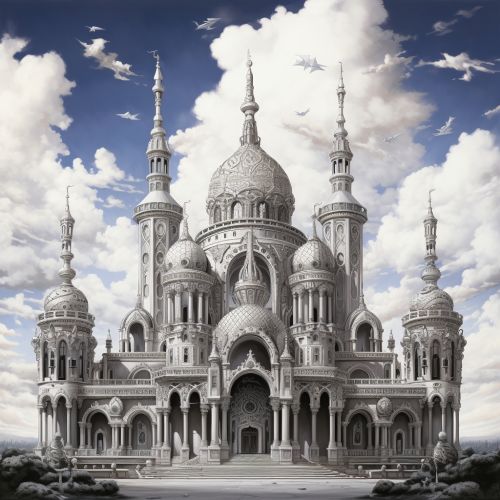
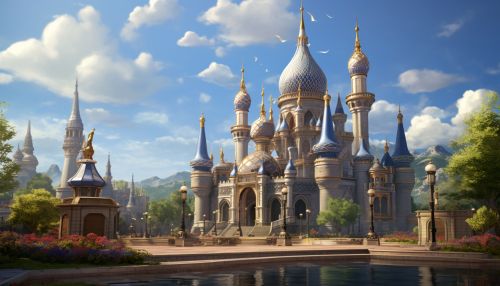
Economy
Iran's economy is a mixed and transition economy with a large public sector and some 50% of the economy centrally planned. It is dominated by oil and gas production, but also has a large agricultural sector, and has a significant automotive industry. Iran is ranked as an upper-middle income economy by the World Bank.
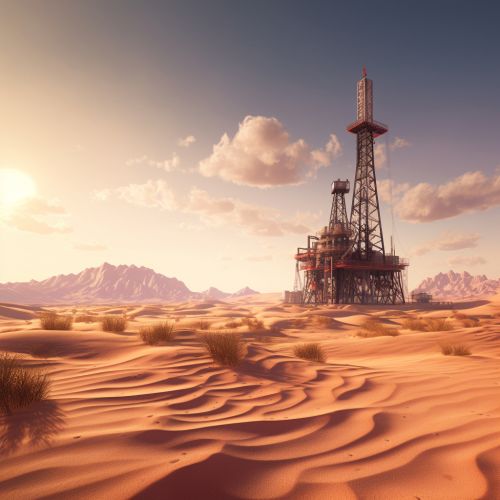
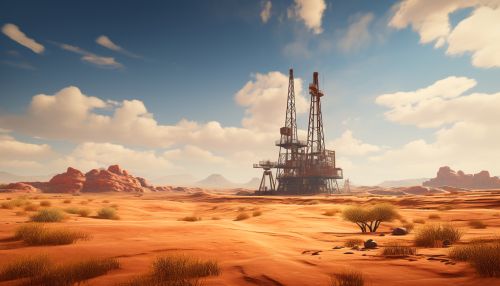
Culture
Iranian culture is rich and diverse, with a long history of art, literature, music, and cuisine. Iran is known for its Persian carpets, miniature paintings, poetry, and cinema. The Iranian New Year, Nowruz, is a major cultural event and is celebrated on the vernal equinox.
